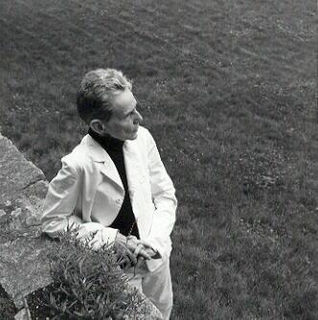A Quote by Amanda Gorman
Most of my life I was particularly terrified of speaking up, because I had a speech impediment, which made it difficult to pronounce certain letters, sounds, and I felt like I was fine writing on the page, but once I got on stage, I was worried my words might jumble and stumble.
Related Quotes
Writing the first draft of a new story is incredibly difficult for me. I will happily do revisions, because once I can see the words on the page, I can go about ripping them up and moving scenes around. A blank page, though? Terrifying. I'm always angsty when I'm working my way through a first draft.
My whole life at a certain point was studio, hotel, stage, hotel, stage, studio, stage, hotel, studio, stage. I was expressing everything from my past, everything that I had experienced prior to that studio stage time, and it was like you have to go back to the well, in order to give someone something to drink. I felt like a cistern, dried up and like there was nothing more. And it was so beautiful.
I got on stage and I went, "Oh wow. No stage fright." I couldn't do public speaking, and I couldn't play the piano in front of people, but I could act. I found that being on stage, I felt, "This is home." I felt an immediate right thing, and the exchange between the audience and the actors on stage was so fulfilling. I just went, "That is the conversation I want to have."
There was a while when I got really bad stage fright and I basically felt...I was incredibly angry. I felt like everything had been taken away from me and it was at that point that I realized how much doing stand up reminds me of my self love and curiosity about myself and love of other people because I don't go on stage to dominate.
He read the letter again, but could not take in any more meaning than he had done the first time and was reduced to staring at the handwriting itself. She had made her g's the same way he did : he searched through the letter for every one of them, and each felt like a friendly little wave glimpsed from behind a veil. The letter was an incredible treasure, proof that Lily Potter had lived, really lived, that her warm hand had once moved across this parchment, tracing ink into these letters, these words, words about him, Harry, her son.





































